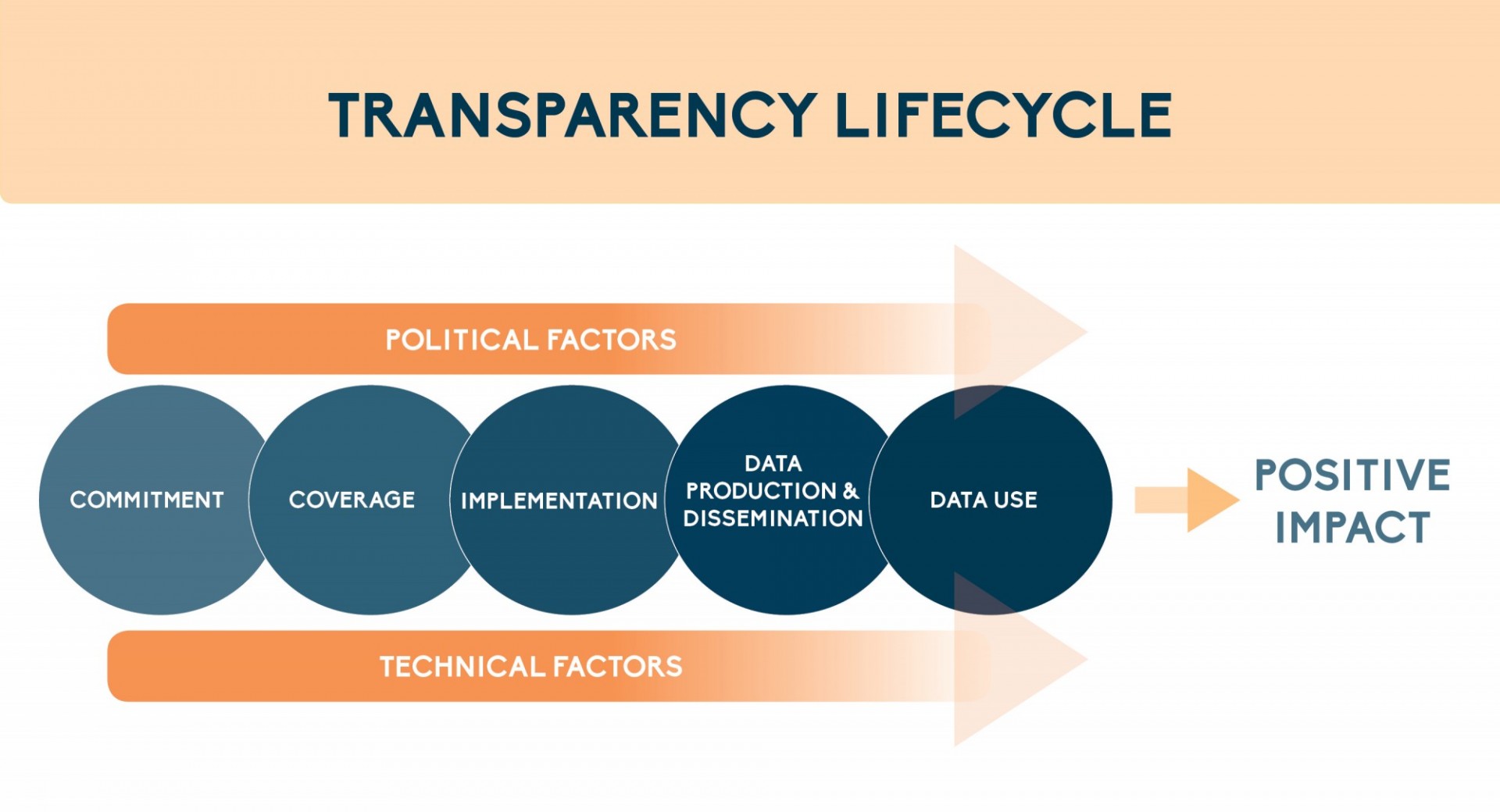The Politics of Transparency and Accountability
Work on transparency in the extractive industries (EI) has achieved important successes over the last two decades. For example, significant commitments to disclosure have been secured, the volume of publicly available information about critical activities has increased considerably, and norms around certain information being in the public domain have been established. There is also a growing library of use cases for this information. Nonetheless, important work remains to be done to translate these efforts into impact.
Political context is crucial to determining the fate of transparency efforts. Therefore, grappling with political context more effectively will also be key to unlocking more of the potential impact of these efforts. Our intention with this project is to provide a foundation for both understanding and addressing the politics of extractive industry transparency in practice, starting with this discussion paper (the main elements of which are summarized in this PLUS Politics brief) and carrying on with a blog series drawing on reflections from others working in the field.
The time is ripe for a focus on political contexts for two reasons:
- First, work on transparency has matured and there is an opportunity to reflect on its track record to date, and
- Second, the added pressures on government, industry, civil society, and funders to adjust their priorities in the wake of the COVID-19 pandemic raise the question: can EI transparency processes retain attention and resourcing at a moment when they are arguably more necessary than ever, but competing with other demands?
Focusing on political dynamics will be essential to make sure they do.
Our research provides insights and recommendations for thinking and working politically across the transparency lifecycle.

For an analysis of how power dynamics can shape important informational asymmetries and a creative idea for leveling the playing field on knowledge of company social and environmental past performance, see Overcoming a key barrier to stakeholder engagement in extractive industries. This practical tool for enabling host governments and communities to gain a more thorough understanding of the extractives companies with whom they are interacting was developed by Tom Mitro with Cielo Magno and Jeremy Weate as part of the work of the Executive Session on the Politics of Extractive Industries.
